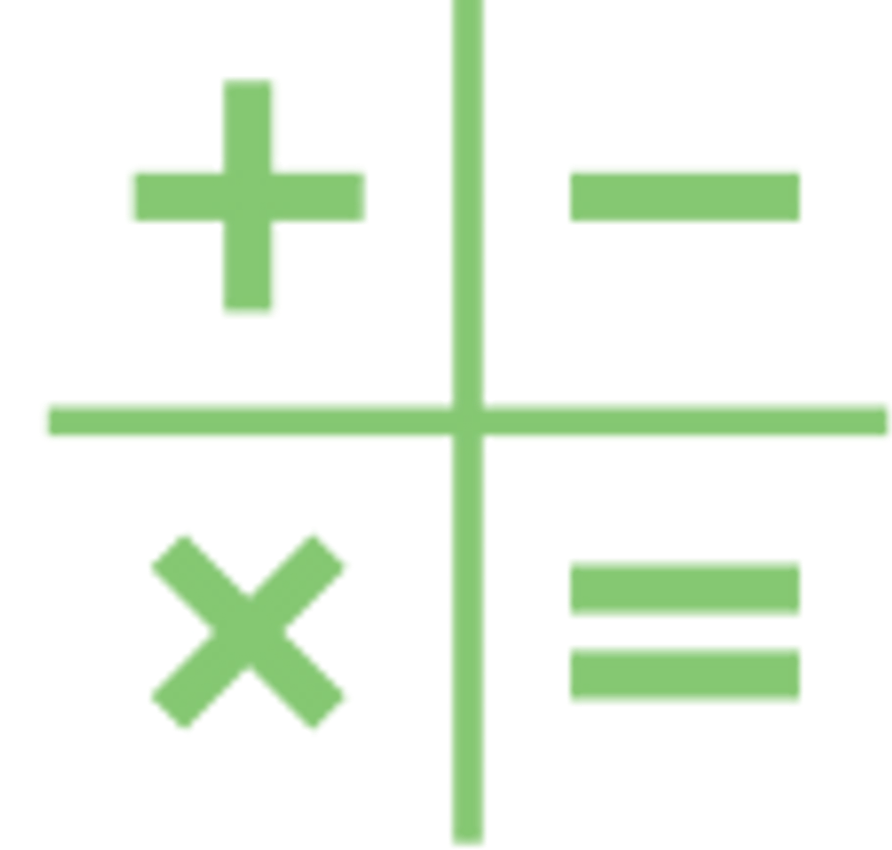
Income from business and profession is a key component of taxable income under the Income Tax Act. It covers earnings from trade, commerce, manufacturing, and professional services requiring specialized skills. The tax treatment for income from business and profession is outlined under various provisions of the Income Tax Act, offering deductions for specific expenses while disallowing others.
Here’s a detailed guide to understanding the scope, taxable income, allowable deductions, and disallowed items under this category.
Meaning of Income from Business and Profession
As per Section 2(13) of the Income Tax Act, a business includes any trade, commerce, manufacture, or any related activity.
Profession refers to specialized occupations requiring advanced skills or knowledge, such as those of lawyers, architects, or accountants.
The tax treatment for income from both business and profession is identical under the Income Tax Act.
Income Taxable Under Business and Profession
The following types of income fall under this category:
Profits and Gains: Any income earned from a business or profession during the financial year.
Compensation: Payments received for contractual agreements, such as non-compete fees.
Professional Association Income: Earnings from services provided to members by trade or professional associations.
Export Incentives: Income from export schemes, including duty drawbacks, cash assistance, and the sale of licenses under the Import-Export Control Act.
Keyman Insurance Policy: Proceeds from a Keyman insurance policy, including bonuses.
Perquisites and Benefits: Value of any non-cash perks arising from business or professional activities.
Partner’s Income: Salary, interest, commission, or bonuses received by a partner from their firm.
Asset Transfer Gains: Profits from the sale, demolition, or discard of assets used in the business, where expenses have been previously claimed as deductions.
Deductions Allowed Under Income from Business and Profession
Several deductions are available under Sections 30 to 37 for computing taxable income:
1. Expenses Related to Buildings, Plants, and Machinery
Section 30: Rent, taxes, and insurance for buildings.
Section 31: Repairs and insurance of plant and machinery.
Section 32: Depreciation on tangible and intangible assets, including patents and trademarks.
2. Contributions and Employee Benefits
Employer contributions to provident funds, gratuity funds, and approved pension schemes are deductible under Section 36(1)(iv) to (iva).
Insurance premiums for employee health or life insurance (Section 36(1)(ib) and (ic)).
3. Loan-Related Deductions
Interest on loans for business purposes is deductible under Section 36(1)(iii).
4. Provisions for Bad Debts
Provisions for doubtful debts by financial institutions or banks are deductible under Section 36(1)(viia).
5. Specific Allowances
Expenditure for promoting family planning among employees (Section 36(1)(ix)).
Insurance for livestock used in business (Section 36(1)(vi)).
6. Special Industry Deductions
Deposits in Tea, Coffee, or Rubber Development Accounts under Section 33AB.
Deposits in Site Restoration Funds under Section 33ABA.
Expenses Disallowed Under Business and Profession
Certain expenses are not deductible for computing taxable income:
1. Non-Compliance with TDS
Under Section 40(a), payments such as interest, royalties, or commissions made without deducting applicable TDS are disallowed.
2. Payments to Relatives or Associates
Excessive payments to related parties deemed unreasonable by the Assessing Officer are disallowed under Section 40A(2).
3. Employee Payments
Salaries paid outside India without proper TDS deductions are disallowed under Section 40(a)(iii).
Excessive remuneration paid to working partners in firms is disallowed under Section 40(b).
4. Specific Taxes and Levies
Taxes levied on profits, such as income tax or franchise fees paid exclusively to state governments, are not deductible under Section 40(a)(ii).
Summary
Income from business and profession encompasses a wide range of earnings and allows several deductions for legitimate business expenses. However, strict compliance with tax laws, including TDS requirements and reasonable payments, is essential to maximize allowable deductions and avoid disallowed expenses.

Comments